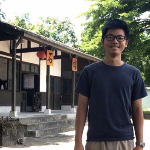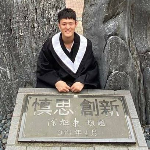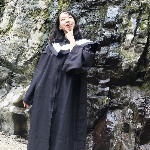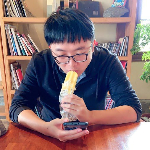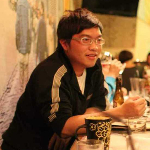
- Members
- Research
- Projects
- Publications
- Awards
- Contact
- Affiliations
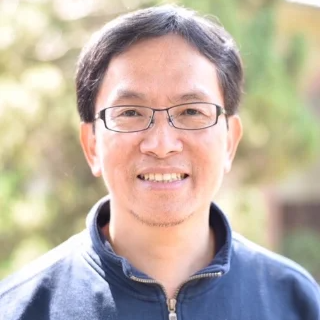
Dr. Jung-Hsien Chiang received his M.S. and Ph.D. degrees in computer engineering from the University of Missouri, Columbia, in 1991 and 1995, respectively. He worked as a researcher at the Computer and Communication Laboratory, Industrial Technology Research Institute, the largest information technology research institute in Taiwan. He joined the faculty of the National Cheng Kung University Computer Science and Information Engineering in February 1999 and is currently a professor of the department.
He performed his first research in computational intelligence in 1995 when he developed on algorithms for multimedia information server in cyber community. He led teams involved in the development of adaptive real-time multimedia transmission mechanism in intelligent gateway for D-Link Inc. in Taiwan. He developed and implemented fuzzy set based algorithms for user profiling and data mining. Dr. Chiang and his students created the technological foundation for the interpretations of fuzzy clustering by two novel algorithms based on support vectors, “adaptive cell growing” and “fuzzy cover”, which use competitive multisphere cells and fuzzy proximate functions for the iterative learning process respectively. The algorithms facilitate the exploration of grouping and separation uncertainty in producing meaningful interpretations of structure in the data. This research has been cited more than 400 times in Google Scholar.
In the early 2000s Chiang and his colleagues began exploring the idea of fuzzy algorithms in bioinformatics. Dr. Chiang’s prior research in bioinformatics has focused on intelligent text mining. He has contributed new techniques for developing biomedical text mining models, including data analytics, pattern extraction and literature classification. This leads to implementation of software prototypes to assist biomedical researchers in rapidly extracting useful knowledge from huge number of biomedical documents and to improve understanding of gene function annotation in the Human Genome Project. In 2003 the team was able to provide the available open source and the results have been published in Bioinformatics (Oxford University Press). This was the first study on the developing an ontology-based textmining system to efficiently extract knowledge from biomedical literature about the functions of gene products, and the web service has been utilized by more than 20 research teams and accessed more than 5,000 times since 2003.
His current research interests include fuzzy modeling in bioinformatics, text mining, pattern clustering, and modeling of systems biology problems. The research team he leads has cooperated with the Institute for Systems Biology (ISB) in Seattle, one of the top biomedical research organizations in the world. By combining its specialty in bioinformatics and computational biology, they assist the researchers in ISB to find either possible innovatively cancer related mechanisms or obtain a great quantity of experimental data for further analysis.





